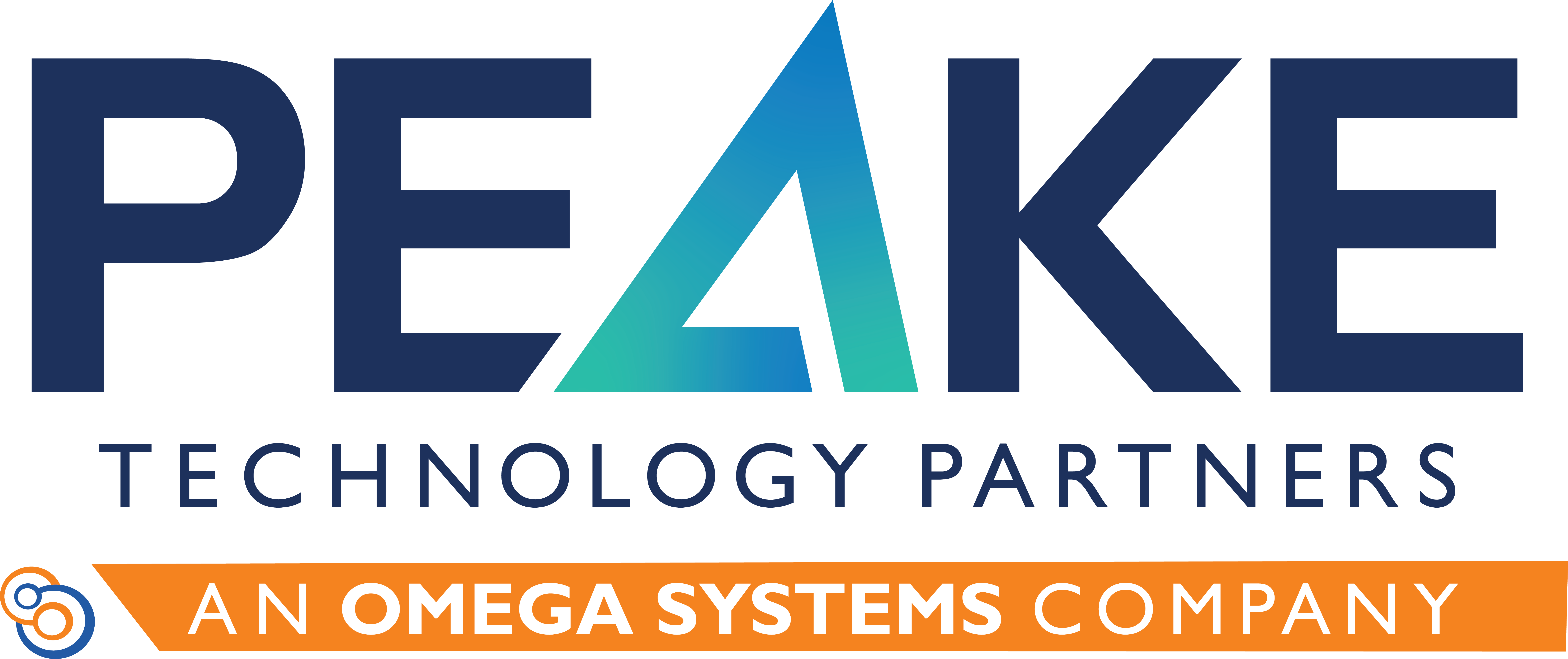If you hear your staff asking this question on a daily basis, it’s past time to do something about it.
Electronic medical record (EMR) and electronic health record (EHR) systems have revolutionized the way medical practices manage patient records. No more filing cabinets or shelves stacked with color-coded folders full of paper records. EMR and EHR technology advances are supposed to streamline everyday processes and maximize efficiency.
When the EMR works smoothly, that may be the case. But all too often, poor EMR performance slows a practice down and affects the patient experience and even the quality of care you provide. It’s a pervasive problem. How often do your office staff have to reenter information, or ask a patient to “bear with them” as they enter insurance information, create a follow-up appointment, or create a referral?
How often do doctors, nurse practitioners, and other medical providers in your office have a screen freeze or go blank? It’s aggravating, and it’s costing you money in delays. The good news is, you don’t have to live with the pain of a slow medical records system.
EMR Architectures
Before we get too far, we need to talk about the 3 main EMR system architectures. Some bottlenecks apply to all 3, while other issues apply to only one or two configurations. Similarly, the speed solutions may be different based on your EMR architecture.
On-Premises EMR (Server-Based EMR)
With an on-premises EMR, your IT department or managed service provider (MSP) installs the EMR software and implements it on your on-e servers via an internal network. An on-premises system can be quite expensive to establish and maintain. You must install and maintain your own servers as well as dedicate IT staff to keeping everything running, updated, and secure.
EMR Hosted ina Private Cloud Environment
When you have your EMR hosted in a private cloud environment, you’re using the same software package as an on-premises system would, but you get the benefits of a cloud-based system. That includes lower upfront cost vs an on-premises platform, as well as increased reliability, security, and scalability. This solution mixes the customization benefits of an on-premises system with the reliability and scalability benefits of a cloud-native system.
A Healthcare IT MSP can help you migrate your EMR system to a private cloud.
Cloud Native
A 100% cloud native EMR system is designed to run completely in the cloud. You never download software or run your own servers. athenaClinicals® is an example of this.
Most Common Bottlenecks Causing Slow EMR Performance
There are several common bottlenecks, or areas of slowdown with EMRs of all types.
Your Workstations
Your IT staff or MSP needs to make sure your workstations are not the cause of the slowdown. They need to make sure your desktop PCs, laptops, and tablets meet EMR vendor specifications and industry standards. You may want to consider exceeding specifications if you’re using advanced graphics, image scanning, etc.
If you have old or outdated hardware, this will slow down your system. Your IT manager or IT vendor can make recommendations for upgrades. Our recommendation: don’t skimp on hardware like computers, laptops, and tablets. These are the workhorses of your EMR system.
Your Network
Slow or unreliable WiFi performance can contribute to a lagging EHR, since providers often access the EHR system using portable devices. WiFi problems are usually due to configuration errors or outdated hardware.
Your IT staff or MSP can also check and maintain your overall local area network (LAN) health. Bad cables, switches, routers, configurations, or too many devices can result in a slow EHR.
For private cloud and cloud-native EMR systems, your MSP will also need to check your wide area network (WAN) circuits and Internet bandwidth. Undersized or unreliable circuits can result in slow performance with these architectures, since data must travel from practice locations to remote servers running the EMR applications.
Security filtering tools must be checked for compatibility with your EMR system. Sometimes, these tools or devices will falsely identify EMR traffic as malicious activity. This can result in performance impacts or a complete loss of functionality. Have your MSP or IT staff verify that your network security systems aren't interfering with EMR performance.
The Server Back-End
Whether your EMR system is on premises using your own servers or you use a private cloud or cloud native EMR, server issues can create a bottleneck. Your IT department or healthcare IT provider can troubleshoot this for you.
- If you have a server-based system hosted on-site, make sure your server specs are within EMR vendor recommendations. Check statistics on resource utilization to ID any constraints. Your IT provider and the vendor can both run diagnostic tests and determine if resource availability meets their requirements.
A common issue with a server-based EMR system is not enough memory. This can happen when you, for example, start your EHR system with 5 doctors and then grow your practice to 20 doctors.
- If your system is hosted in a private cloud environment, your MSP or IT department should work with that vendor to make sure the environment meets EMR vendor specs. They will check statistics on resource utilization to ID any constraints.
- If you use a cloud native system, work with your EMR vendor to be sure constraints don’t exist here. These situations are sometimes tricky, since the EMR vendor is unlikely to provide technical details on the system implementation, and may be motivated to conceal resource constraints in their system. Eliminating other potential problem areas and providing documentation of issues to the EMR vendor will help motivate them to identify and correct any resource constraints in their environment. Integrations
Sometimes integrations with third parties (RX interfaces, exchanges, etc.) can cause performance issues. Your MSP should be able to identify the issues, and engage with your EMR vendor and the interface support team(s) to resolve these issues.
No More Finger Pointing
Partnering with a competent and reputable healthcare IT managed service provider (MSP) is the best way to speed up your EMR. A company that specializes in healthcare IT will know all the quirks and issues with the various medical record systems. They will act as your representative when resolving issues with your ISP provider, EMR vendor, hardware vendor, and more.
They speak the language, more so than your average “IT guy.” They have expertise in seeing the big picture and providing solutions that get your practice running at top efficiency again.
If You’re Planning on Selecting a New EMR Vendor
If you’re planning on selecting a new EMR vendor, don’t go it alone. Talk to your healthcare IT provider EARLY IN THE PROCESS. Your MSP understands your practice as a business, including things like workflows and billing procedures, and work with practice administrators to learn what all of your EMR requirements are.
A competent MSP will then review EMR vendor products to determine the best candidates for your practice. Then, your MSP can help you with product demonstrations and tests to help you choose the best platform for your practice. They will also make recommendations on necessary hardware upgrades to meet the EMR specifications, and more.
Once you have chosen an on-premises, hosted, or cloud-based EMR platform, your MSP implements the system and acts as the project manager to make the transition as smooth as possible.
By working with healthcare IT experts, you can save yourself some headaches, as well as save on future costs.
An additional blog topic could be The Best EMR Systems in 2021. You could give your recommendations based on the on-premises types, the cloud native types, weigh the pros and cons of each, etc.
RELATED READING
A Roadmap for Optimizing Healthcare IT Connectivity
Is a Cloud-Based EMR Right for Your Practice?
Chronic Pain: The Hidden Cost of Neglected IT
Work with a Trusted Healthcare IT Partner
At PEAKE Technology Partners, we specialize in healthcare IT. We work with medical practices on the East Coast, and we have physical offices in Maryland and North Carolina’s Research Triangle Park.
We provide a wide range of healthcare IT services to keep your practice’s IT systems running with minimal lag time and with maximum security. We can help you speed up your EMR and can definitely work with you to select a new EMR that meets or exceeds your practice’s needs now and in the future.
The best part? As a fully managed service provider, we promise 24/7 monitoring and rapid response. Call us at (866) 357-3253, use the contact form, or schedule a conversation.



